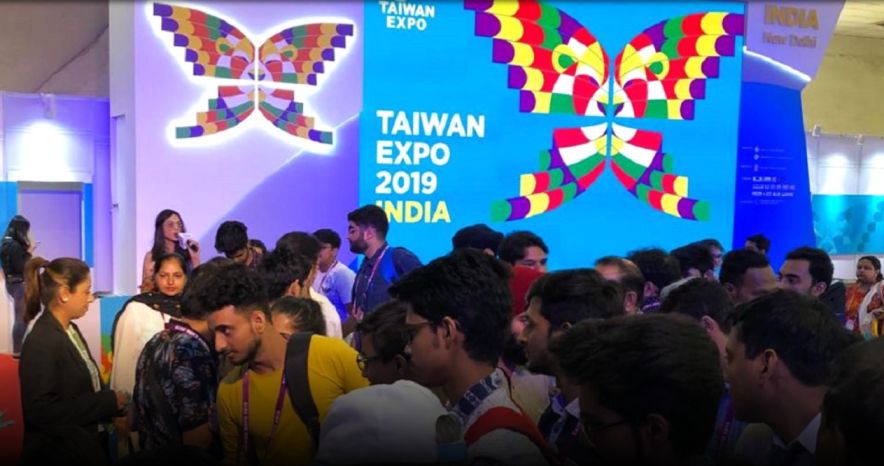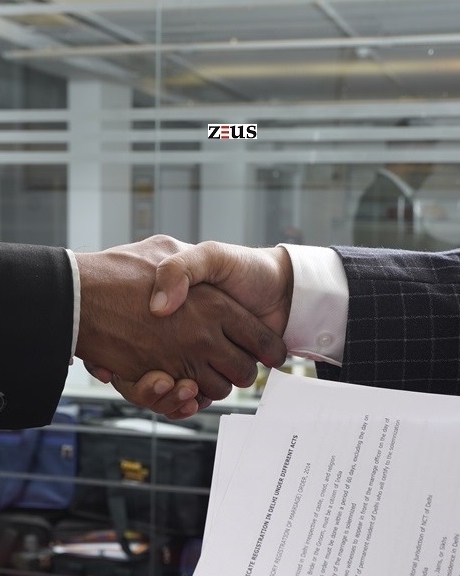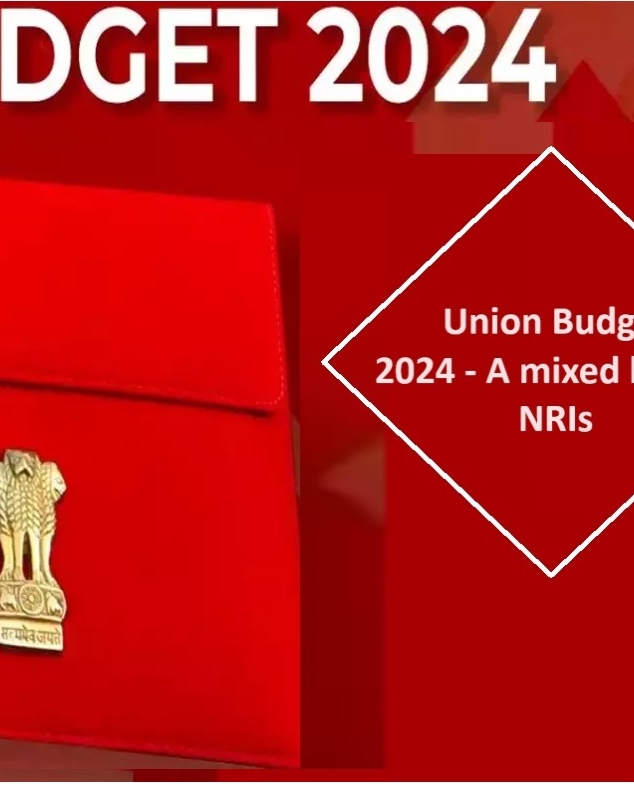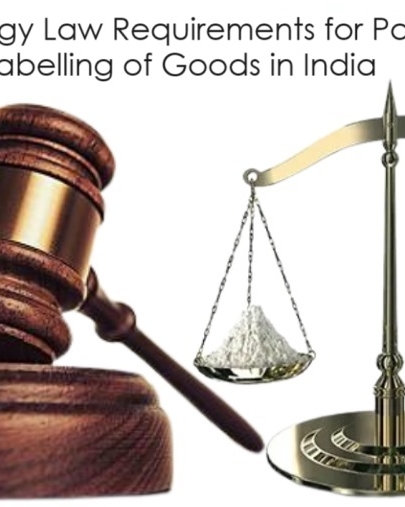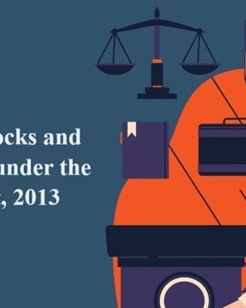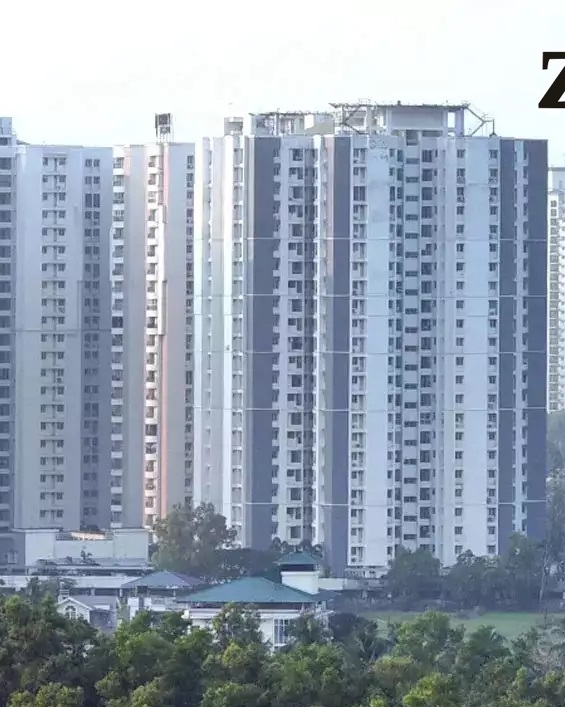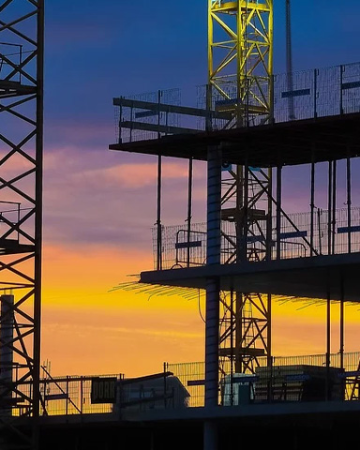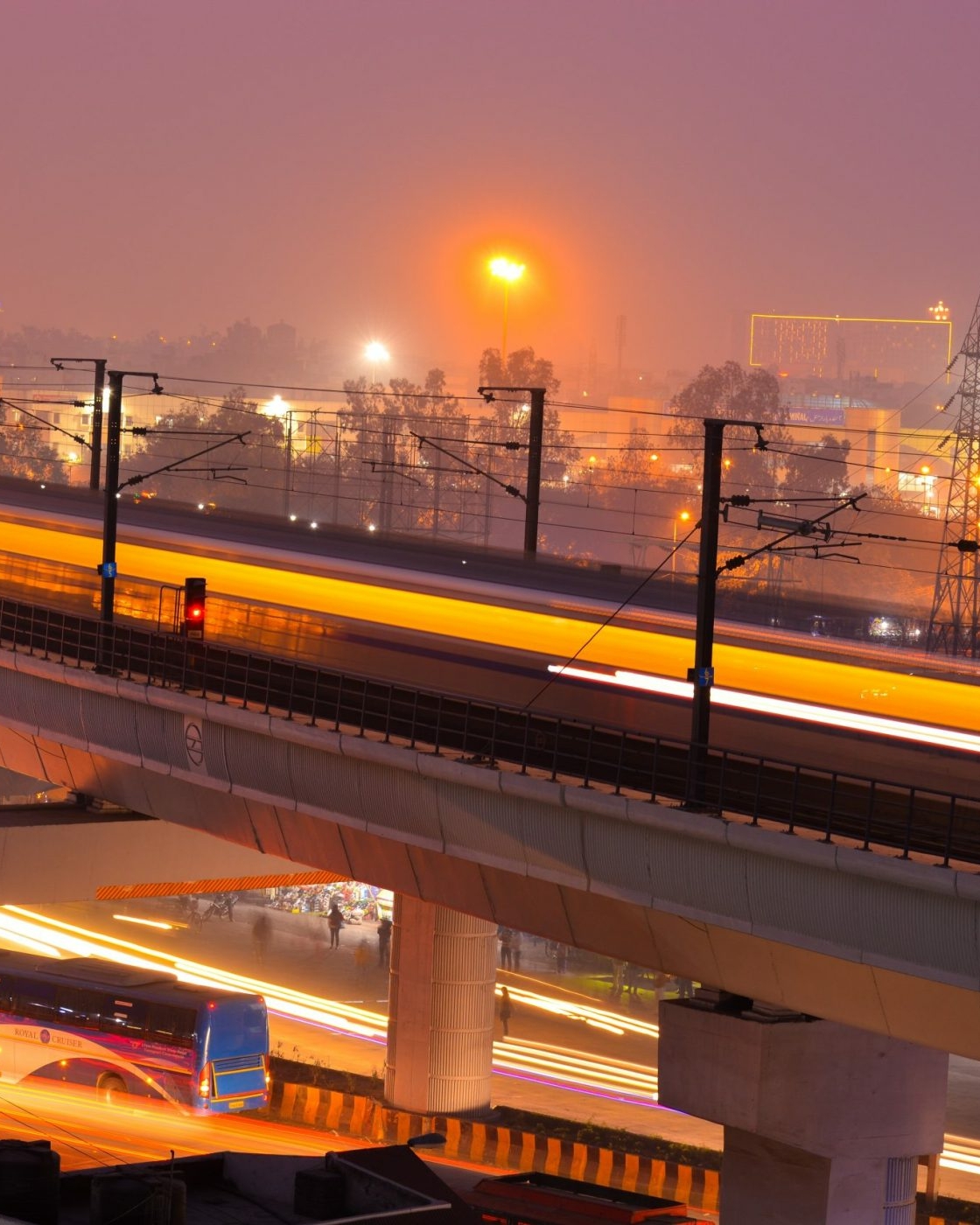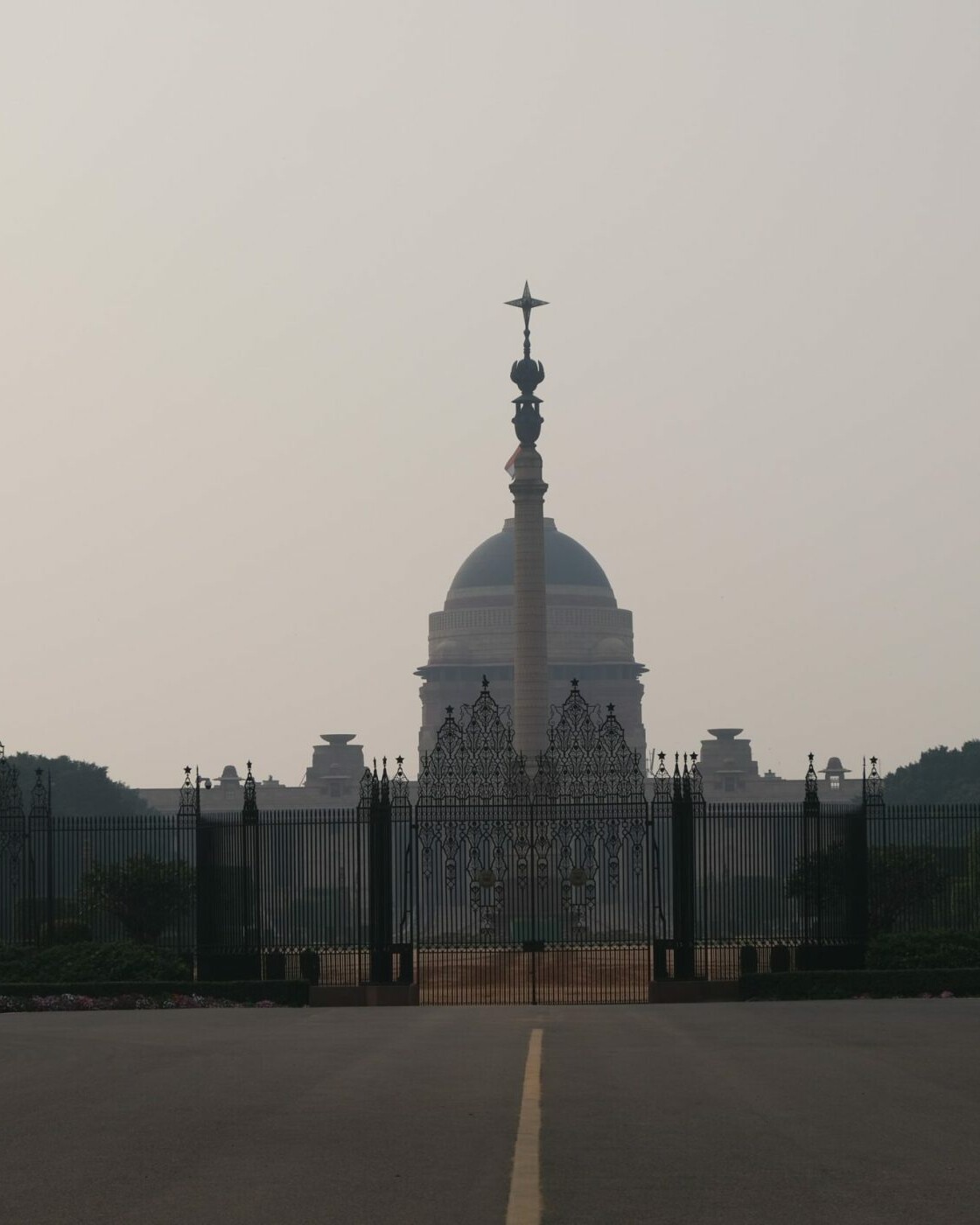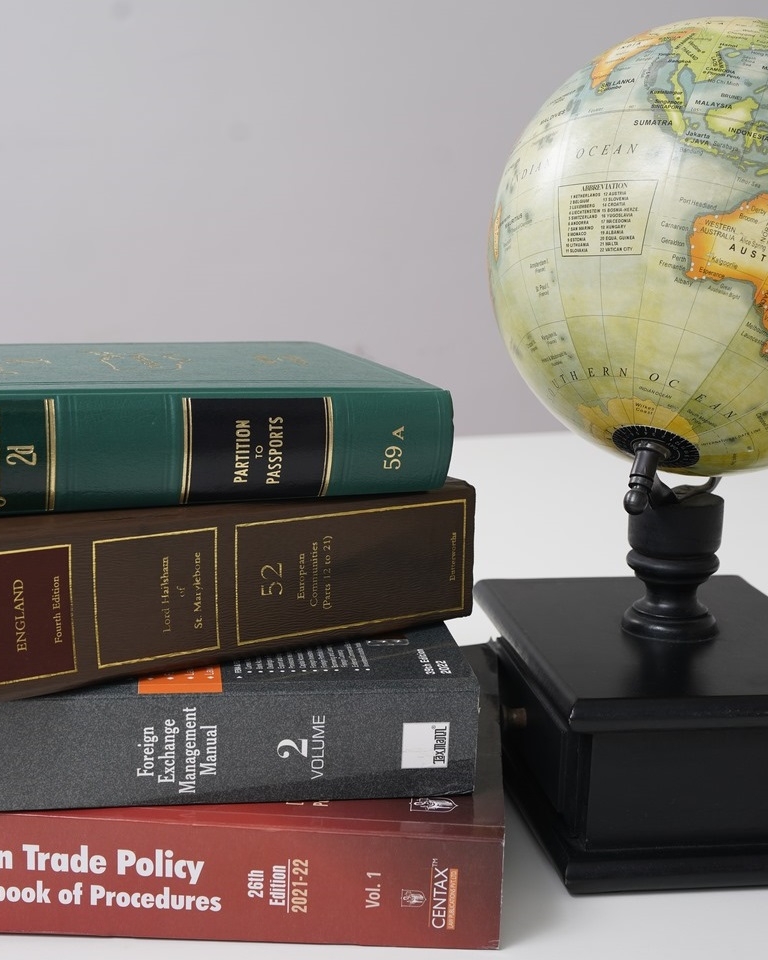Taiwan Expo: More than 50 Taiwanese firms exploring new supply chain partners from India
Author: Pankhuri Jain, Partner & Pari Bhardwaj, Associate at ZEUS Law
Published in https://www.asiancommunitynews.com on 04th October, 2023
The time has come for India and Taiwan to embark upon the journey of reimagining their economic relationship. Having historically maintained ‘unofficial’ ties, there has been a notable shift in recent years with an aim to foster more robust official economic ties. After facing a series of shocks in the global supply chain right from the pandemic, the World Trade Report 2023 has brought a new journey of re-globalisation for the countries[1]. Therefore, India, being one of the 14th largest export destinations and the 18th largest source of imports for Taiwan[2], has been invited to participate in the Taiwan Expo, which is scheduled from October 5 to 7, 2023, in Mumbai. More than 50 Taiwanese firms will be actively exploring new supply chain partners from India at the Expo, and this opens a promising window to strengthen bilateral commercial relationships with the country.
India-Taiwan Economic Relationship
Before delving into the recent globalisation strengthening the Bilateral commercial relationship, let’s get a gist of the history of the India-Taiwan economic relationship.
Taiwan and India started to approach each other after the Indian Government initiated the “Look East Policy” in early 1991 by loosening visa restrictions on each other. Representative offices of both countries were established in each other’s capitals, namely the Taipei Economic & Culture Centre (TECC) in New Delhi and the India Taipei Association (ITA) in Taipei, promoting economic ties between the countries.
Taiwan’s foreign policy outlook has experienced a great transformation under the Democratic Progressive Party’s (DPP) administration. The Tsai Ing-Wen Administration launched ‘New Southbound Policy’ in 2016[3], to shift the approach and put a greater emphasis on enhancing its outreach to the immediate and extended neighbourhood.
Recognizing the pitfalls of being overly reliant on a solitary market, Taiwan has turned its gaze towards India as a key player in its external interactions. Taiwan is actively seeking to broaden its economic horizons, while India aspires to cement its position as a compelling alternative hub in the intricate tapestry of the global supply chain. Against the backdrop of current geopolitical and economic shifts, a window of opportunity has opened up for India and Taiwan to chart a course of collaboration aimed at attaining shared and advantageous objectives.
Bilateral trade between the two countries totaled US$8.45 billion in 2022, representing an increase of 9.8% over the previous year. In 2022, India’s exports to Taiwan amounted to US$3.14 billion, consisting of mineral fuels, aluminium, iron, steel, organic chemicals, plastics, and articles thereof, while Taiwan’s exports to India amounted to US$5.31 billion, consisting primarily of plastics, electronic integrated circuits, organic chemicals, electrical machinery, iron, and steel.[4]
Commercial bonds form the cornerstone of their bilateral ties, and recent developments vividly illustrate the promising potential of their cooperative endeavours.
Legal ties between the countries affecting the supply chain agreements
India expressed its willingness to advance commercial relations with Taiwan by initiating negotiations for a Free Trade Agreement to reduce barriers to imports and exports among them and signing the upgraded version of Bilateral Investment Treaty establishing the terms and conditions for private investment by nationals and companies. Both countries have signed a Double Taxation Avoidance Agreement (DTAA) to avoid levying taxes twice on the same income, a Customs Mutual Assistance Agreement (CMAA) for free exchange of information and evidence to assist countries in the enforcement of customs laws, the ATA Carnet Protocol permitting duty-free temporary admission of goods into a member country without the need to raise customs bond, a Memorandum of Understanding (MoU) on Promotion of Industry Collaboration, and an MoU with India’s PHD Chamber of Commerce and Industry.
Commerce is the only domain where the countries are experiencing direct and open government interactions. These regulatory relaxations have paved the way for countries to welcome reciprocal investments and facilitate the smooth operation of supply chain agreements.
Way Forward
TECC is expanding its presence in India with a new representative office in Mumbai, strengthening its role in fostering collaboration between Taiwanese and Indian businesses. Currently, Taiwan External Trade Development Council (TAITRA) maintains four liaison offices across India in Delhi, Chennai, Kolkata, and Mumbai, while in 2017, an India Center was established in Taipei to serve as a central resource hub, offering expertise and support to Taiwanese enterprises operating in India. Additionally, to facilitate[5][6]
In 2022, Taiwan initiated its willingness to share its expertise with India in critical sectors such as semiconductors, 5G, information security, and artificial intelligence, saying that the country can be an “excellent” partner in New Delhi’s quest to become a hub for the manufacturing of cutting-edge electronics. And currently, when India is aspiring to gain a foothold in semiconductor manufacturing, Taiwan can be India’s potential partner. In August 2023, at the meeting organised by an inbound Taiwan Trade Mission at the World Trade Centre in Mumbai, Maharashtra was considered a promising investment destination due to its abundant skilled workers and being the leading industrial state of India. Both countries are also in talks to create an agreement enabling Indian labor migration to alleviate shortages in key sectors such as manufacturing, construction, household services, agriculture, and fisheries[7] under the Taiwan-India Agricultural Cooperation Agreement signed in 2016[8]. By making curative economic relationships, both countries are globalising and creating a cooperative ladder of economic relationships.
[1] https://www.wto.org/english/res_e/publications_e/wtr23_e.htm
[2] https://agriexchange.apeda.gov.in/news/NewsSearch.aspx?newsid=50890
[3]https://newsouthboundpolicy.trade.gov.tw/Files/Pages/Attaches/11/%E6%96%B0%E5%8D%97%E5%90%913%E5%91%A8%E5%B9%B4%E6%89%8B%E5%86%8A.pdf
[4] https://agriexchange.apeda.gov.in/news/NewsSearch.aspx?newsid=50890
[6]https://www.orfonline.org/research/the-role-of-commercial-ties-in-advancing-india-taiwan-relations/#_ftnref1
[7]https://www.tpci.in/indiabusinesstrade/news_buzz/india-taiwan-likely-to-sign-worker-migration-agreement/#:~:text=Taiwan%20and%20India%20are%20discussing,household%20workers%2C%20agriculture%20and%20fisheries.
[8]https://www.orfonline.org/research/the-role-of-commercial-ties-in-advancing-india-taiwan-relations/#_ftnref1


